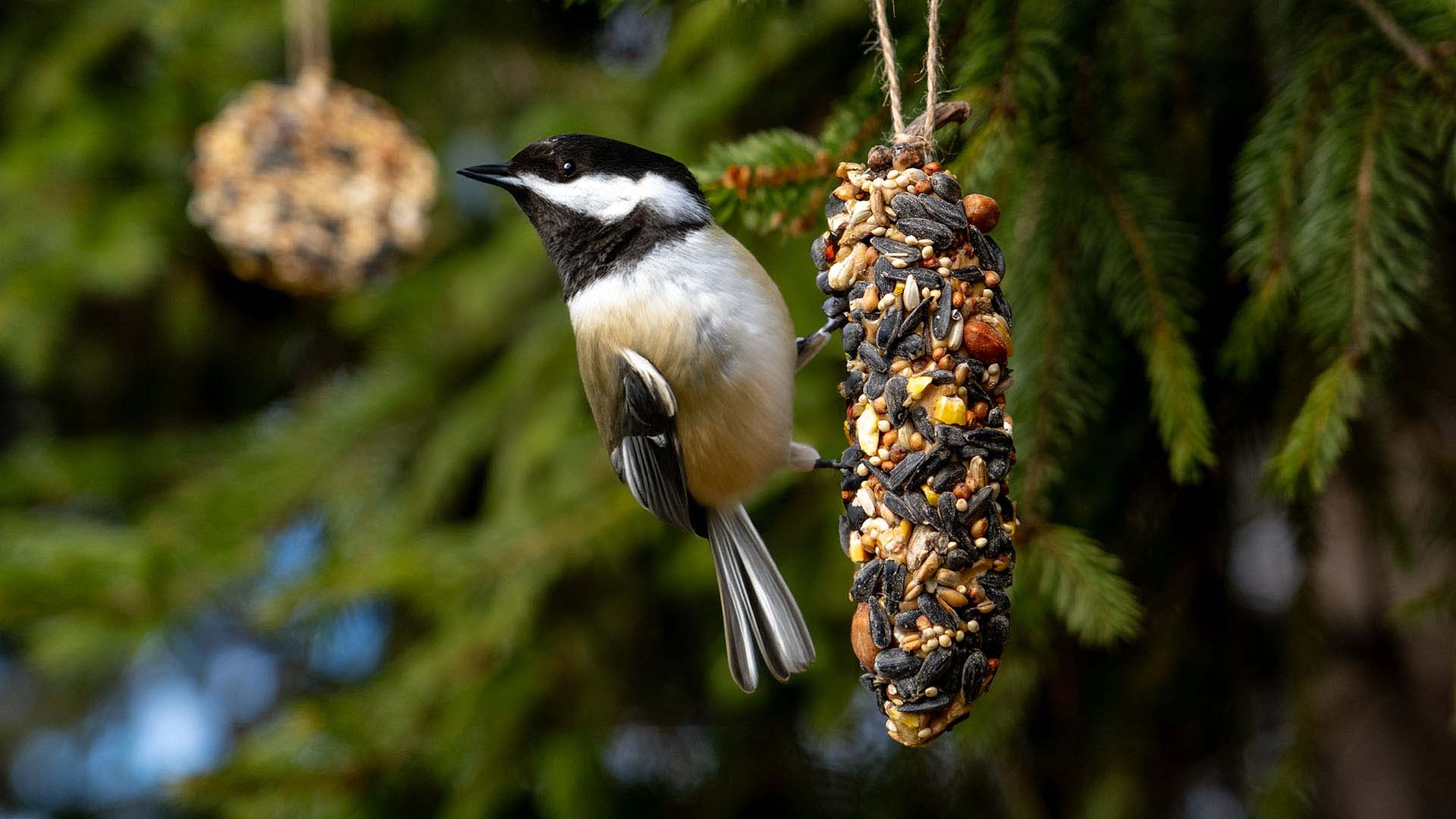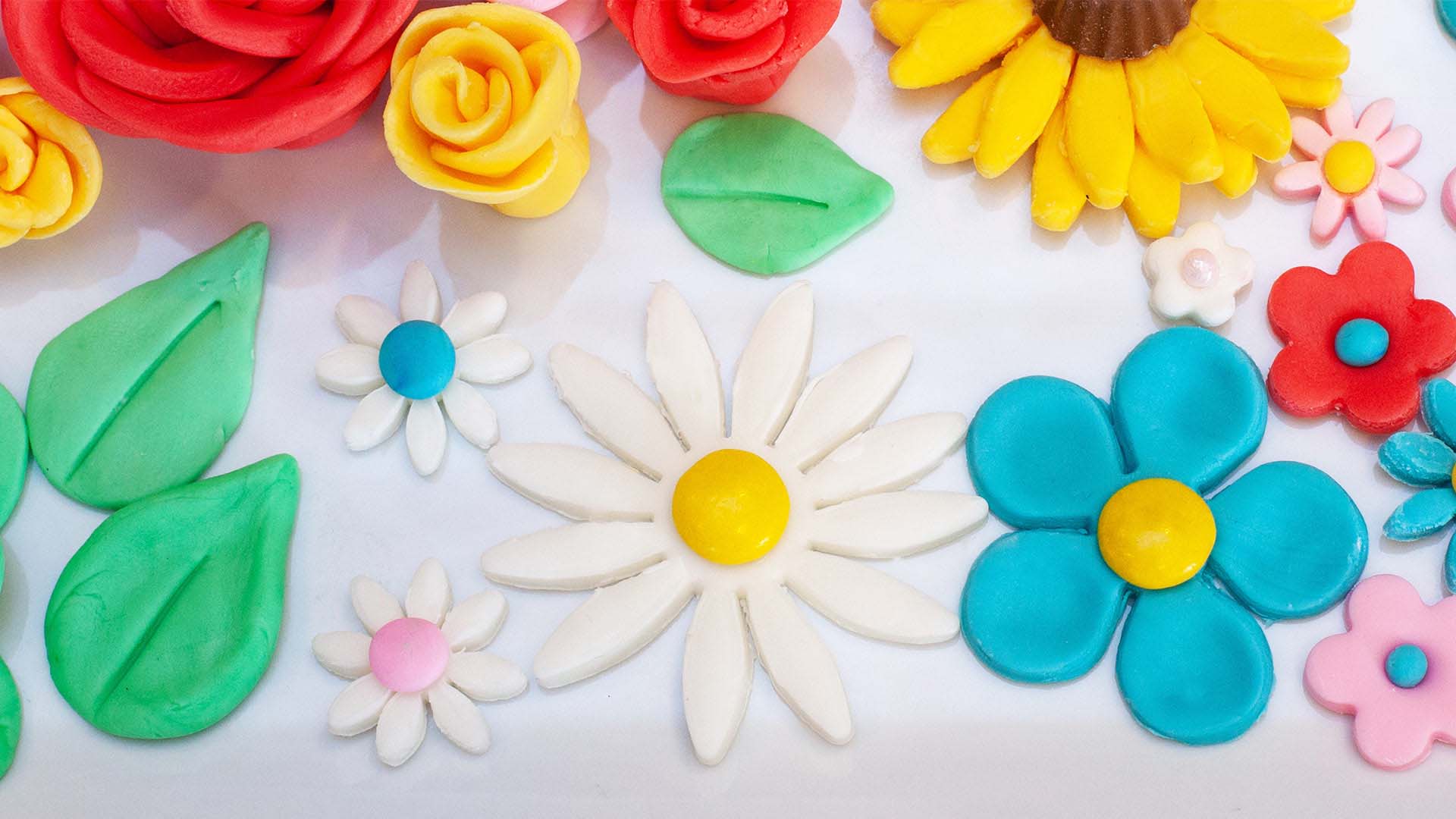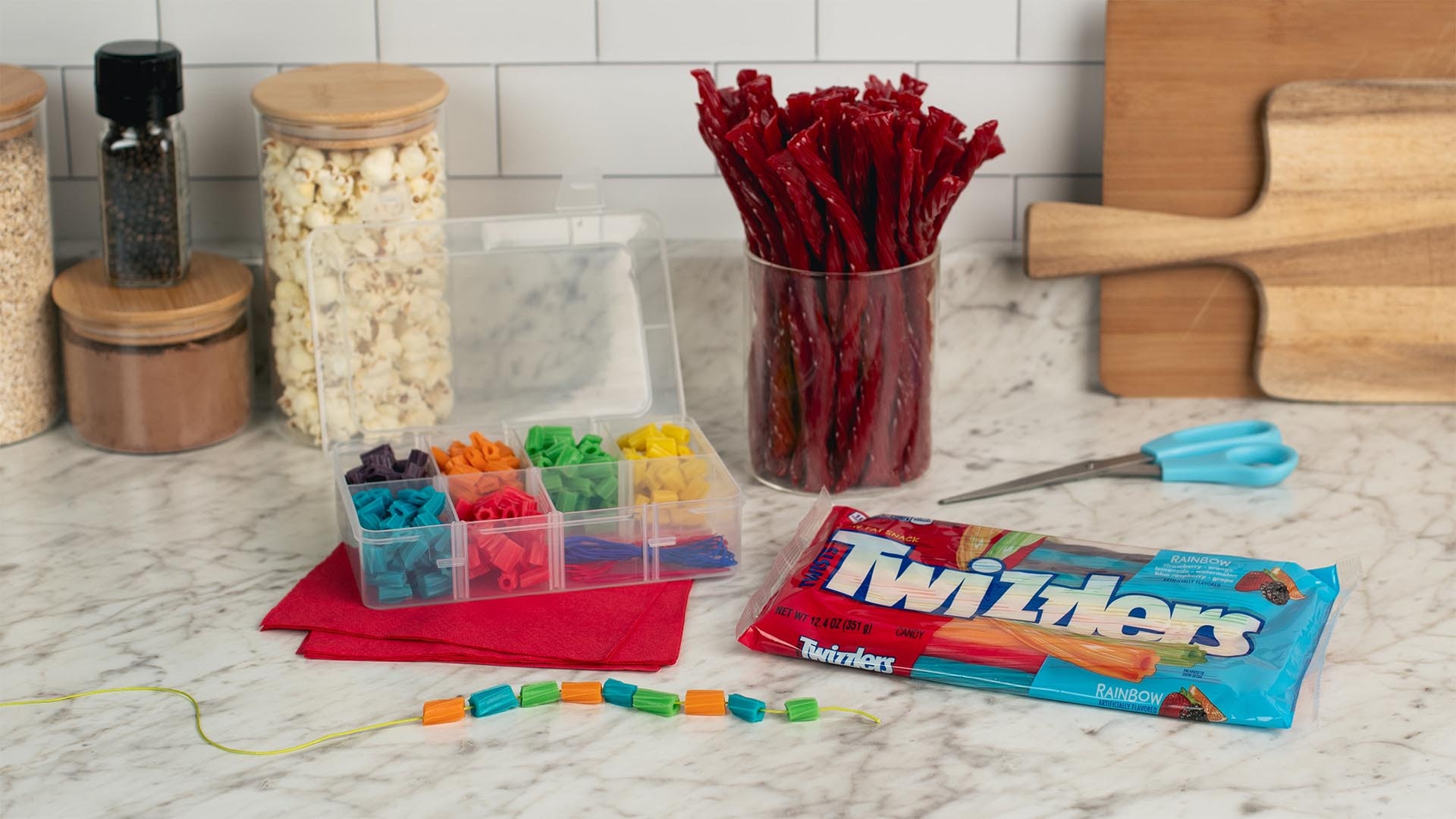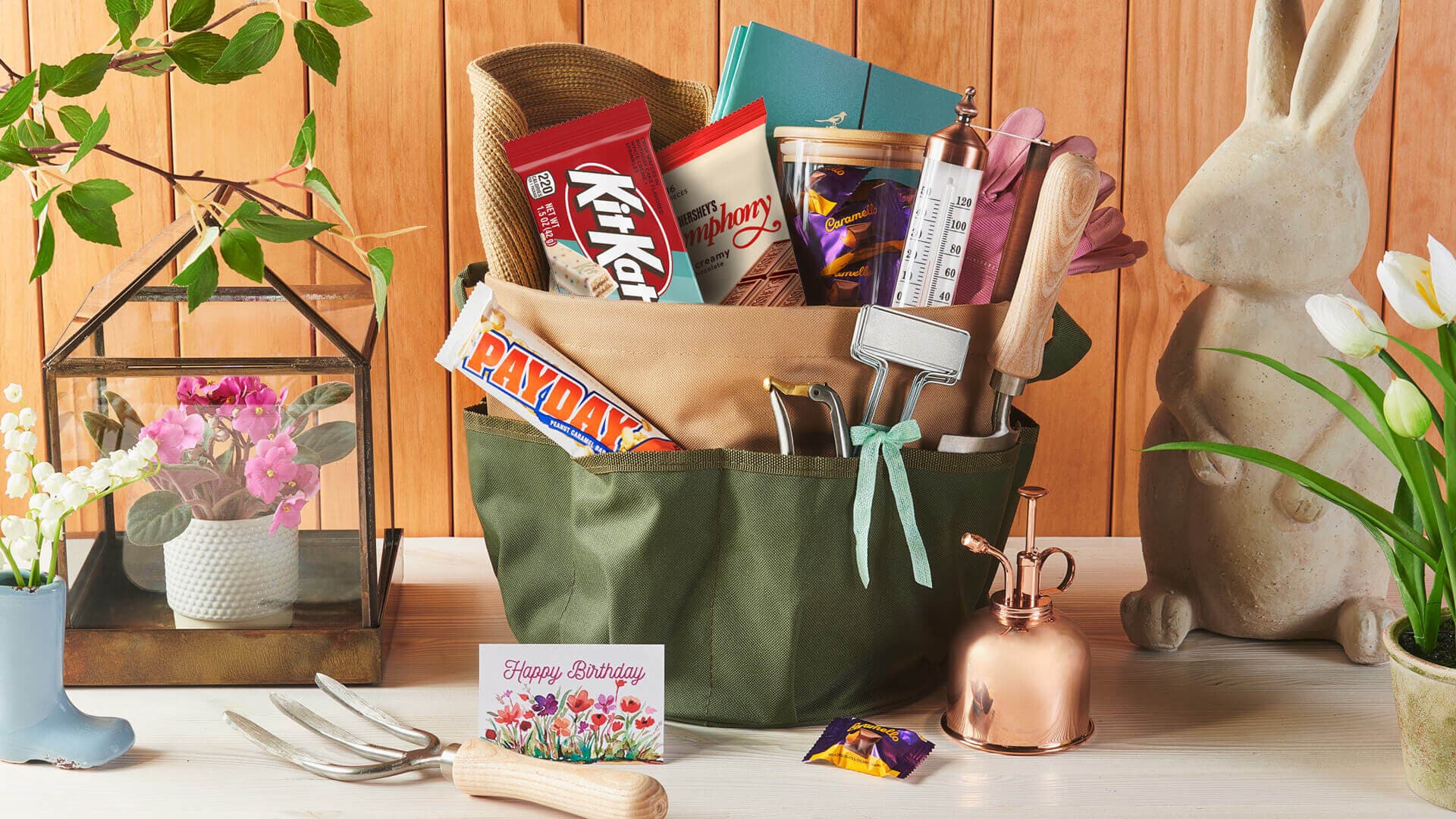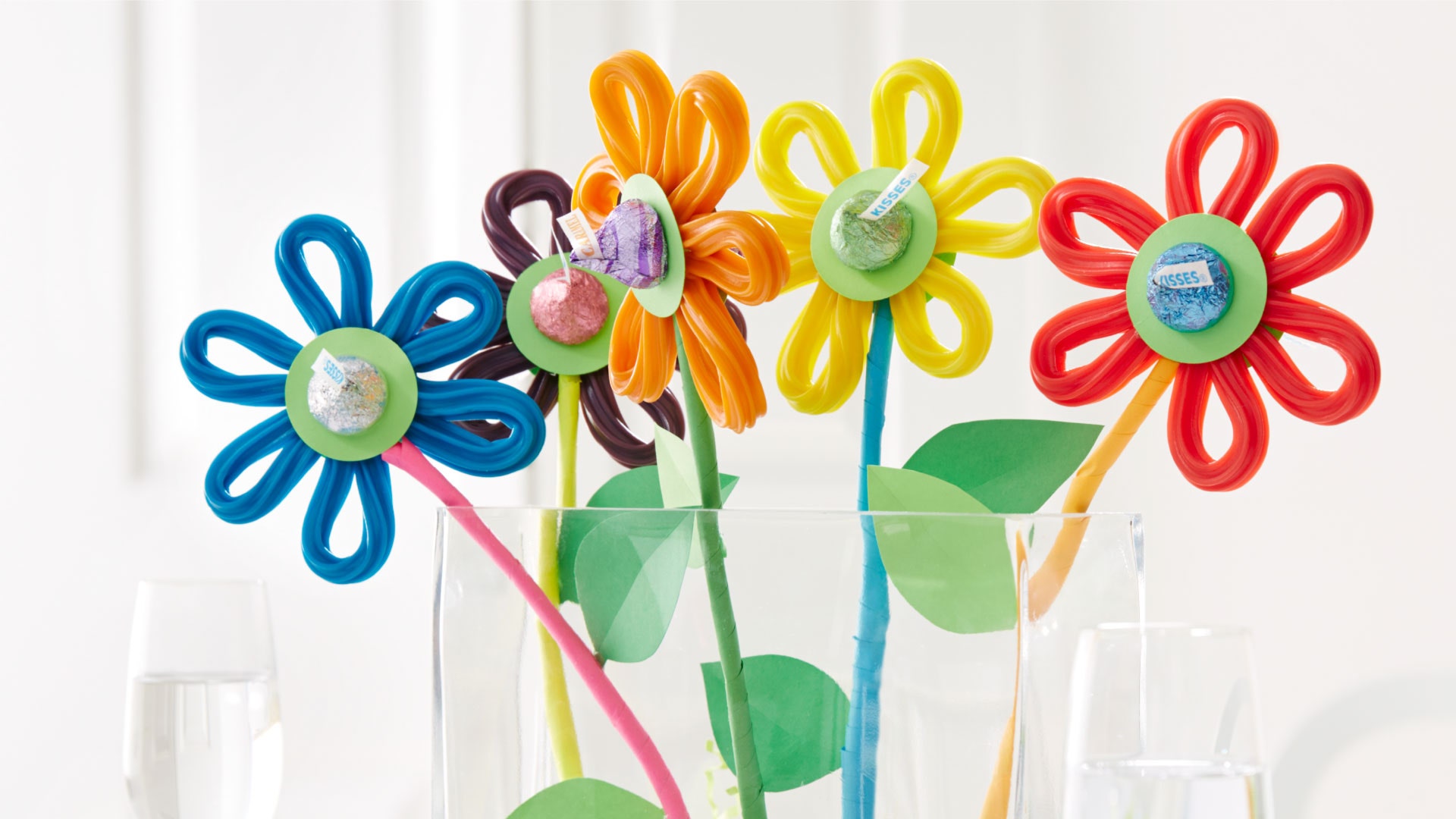A greener future starts with sustainability. And starting with your own kitchen, take these steps to better our environment while you bake and create the best desserts.
Ways to Think and Bake More Sustainably in the Kitchen
Whether it’s Earth Day, New Year's resolution time or you’re just hoping to make a positive change, we’ve got some simple ways that you can minimize waste, compost food scraps and incorporate plant-based ingredients in your baking.
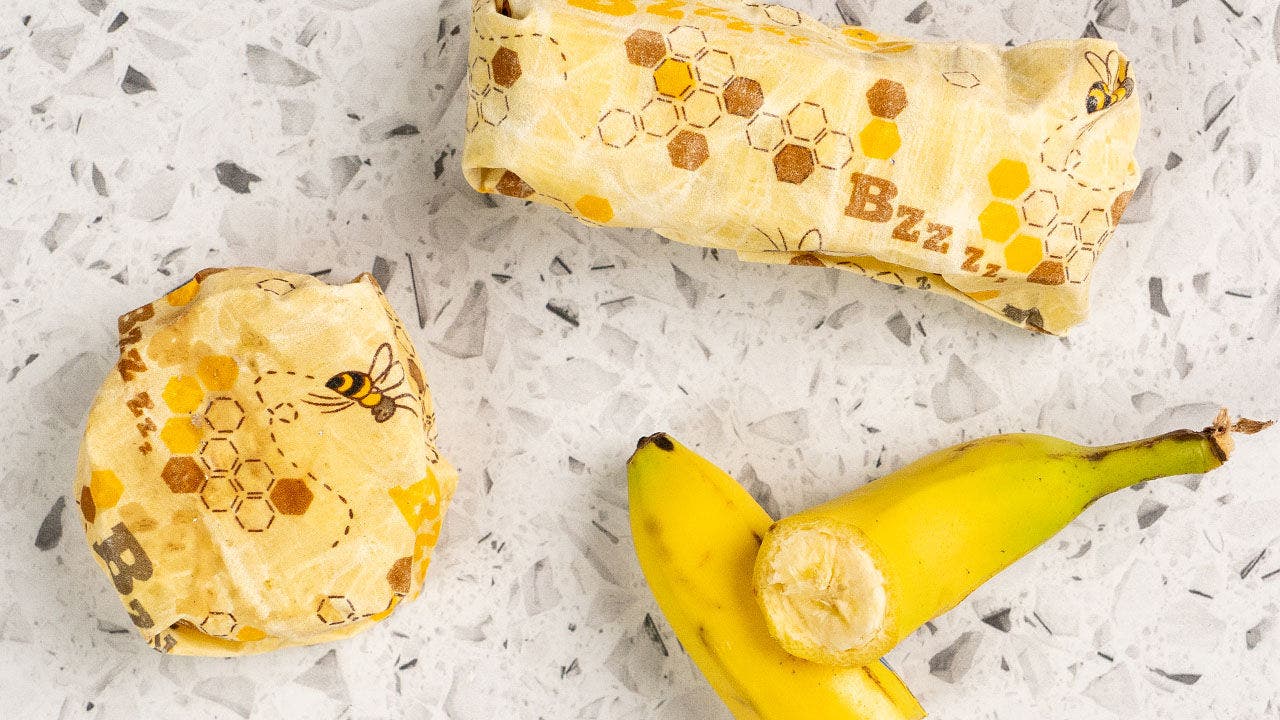
Reduce Kitchen Waste
Reduce, reuse, recycle. You hear it often, but now it’s time to put it to the test when it comes to whipping up sweet treats in the kitchen.
While creating your favorite cakes and cupcakes, try using silicone baking tools. Silicone muffin tin liners are a
great option for muffins and cupcakes, and you can use them again and again. The same can be said for silicone piping bags. Bake and decorate while saving the planet, and save money over time with reusable tools.
Instead of using plastic bags to store your cookies, brownies, and desserts, put them in reusable containers or beeswax wraps. No need to go out and buy new ones - tins and multi-use containers you already have allow you to keep your treats fresh while also being mindful of how much waste you’re producing. You can also reuse kitchen items like gently-used parchment paper and plastic wrap in more ways than one.
While baking, you should try to recycle as many paper, plastic and metal items as you can. But you can also recycle foods! If you have extra desserts or ingredients like fruit lying around that you can’t use, try freezing them. That way, you’ll have them on hand when you do want to use them later for smoothies and more!
It’s easier than you think to be sustainable in the kitchen. There are lots of ways to make all of your favorite treats while reducing waste and the amount of money you spend!
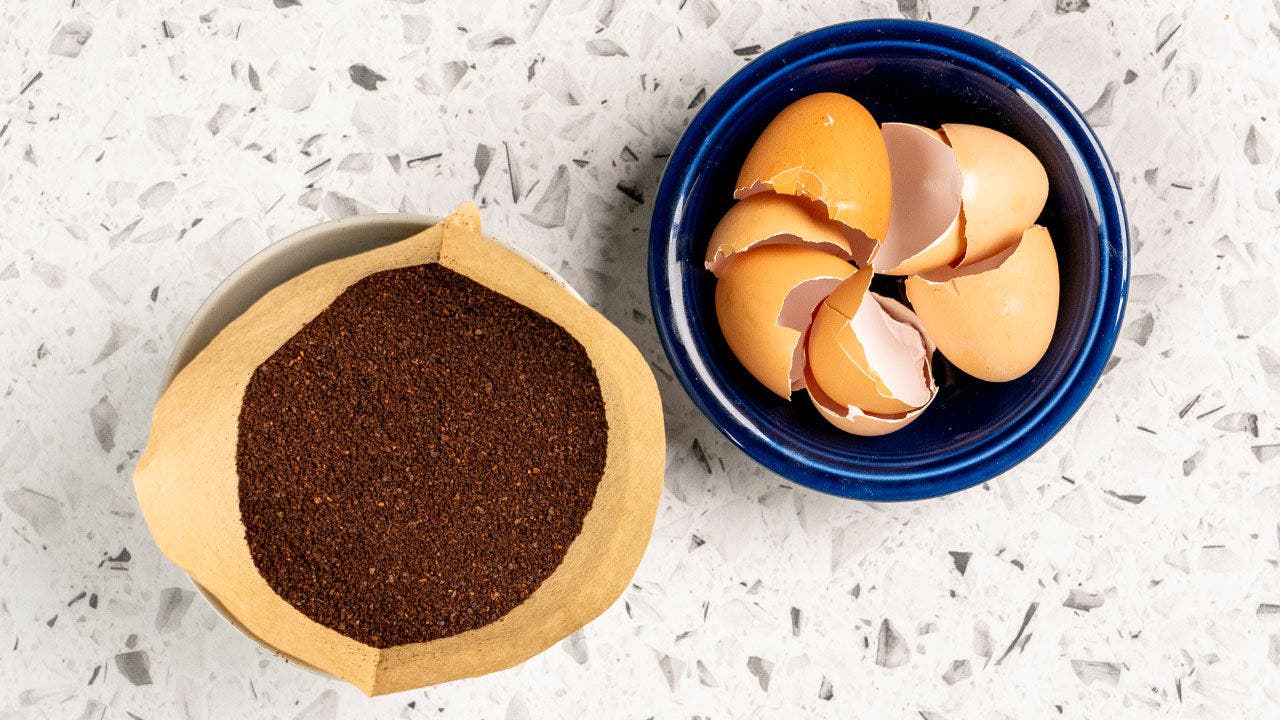
Compost Baking Ingredients & Products Correctly
Keep calm and compost on! Further your sustainability goals by composting your excess or expired baking ingredients. However, not everything can be tossed in your compost bin. Take a look at our list to double check that you’re composting correctly and consider reaching out to a local garden guru for specifics on the best balance of add-ins for your area.
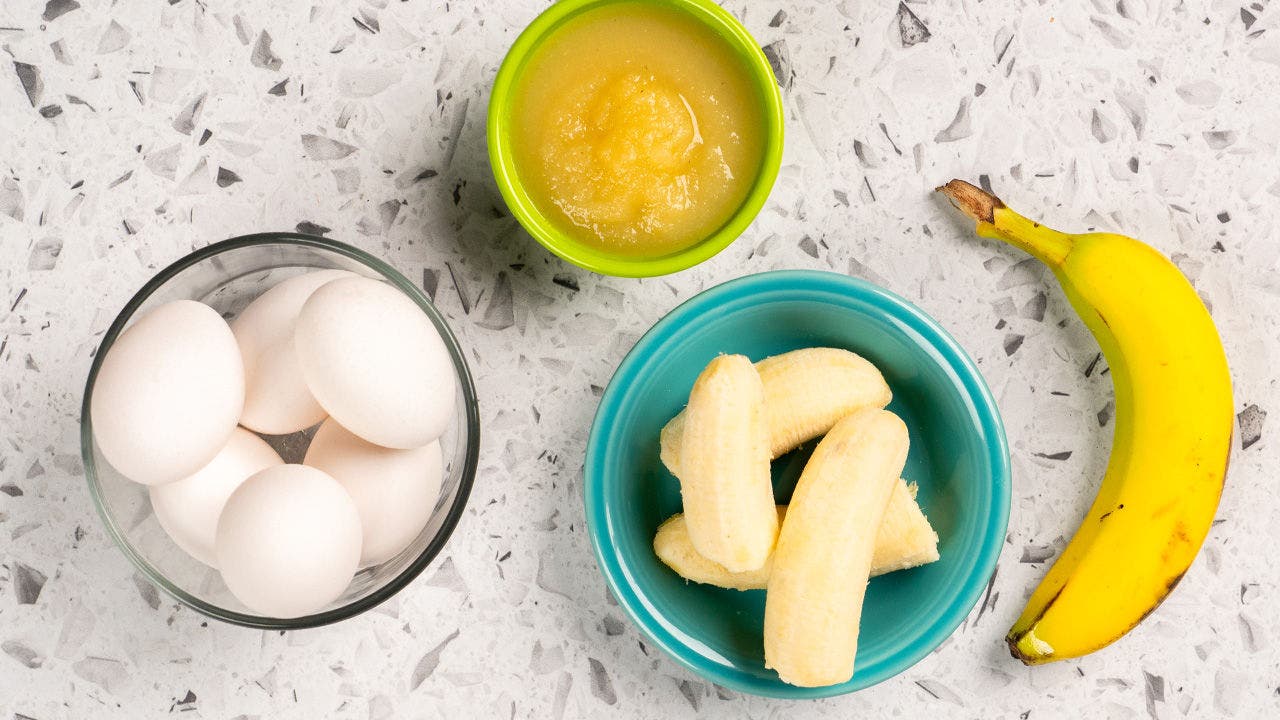
Experiment with Plant-Based Swaps
There are lots of reasons consumers seek out baking alternatives to popular dessert ingredients like eggs, butter and milk. We’ve tried out the most popular swaps in our test kitchen if you’re looking to make some baking changes, but we recommend experimenting on your own to decide what plant-based swaps work best for your lifestyle and favorite dessert recipes!
Eggs – Applesauce and bananas work well as egg substitutes in breads, muffins, brownies and blondies. There are many other egg substitutes out there that will work, but each may change the volume, texture and color of your final product.
Butter – Coconut oil, shortening and vegan butter that is solid at room temperature or refrigeration are good substitutes for general baking recipes.
Milk – Coconut milk, oat milk and soy milk are the best alternative options for baking recipes. We recommend experimenting with each one in a small batch to find out which one will give your recipe the best taste and consistency
And if you’re looking for fully plant-based desserts, try some of our delicious vegan treats like rich, Ultimate Vegan Brownies made with espresso powder and these crispy Vegan Chocolate Drizzled Shortbread Cookies that are full of nutty pecans and covered with a creamy vegan HERSHEY'S Cocoa chocolate glaze.
Sustainability is Global for The Hershey Company
Here at The Hershey Company, we know the importance of being sustainable and the impact it has on our planet and local communities. As of December 31, 2022, we have eliminated 25 million pounds of our packaging and are more than halfway toward our goal to eliminate another 25 million pounds by 2030. Additionally, we’re exploring recyclable, reusable or compostable packaging options for the future. We publicly track our progress, so learn more and stay up to date on our sustainability goals.
Whether it’s Earth Day or a random Wednesday, sustainability is important, today, tomorrow and every day. Including these simple tips into your baking moments are just a few more ways that you can help make a difference to our environment. And remember, we have to take care of the Earth – it’s the only place with chocolate!

